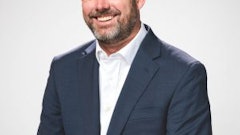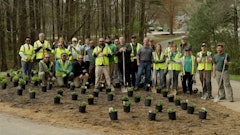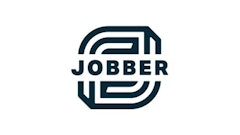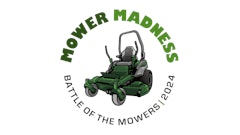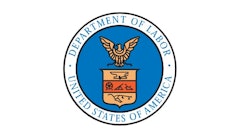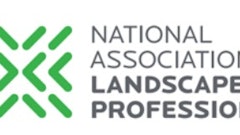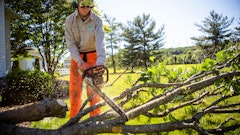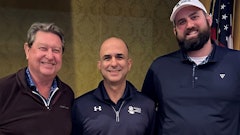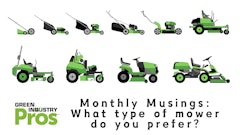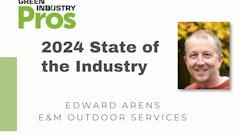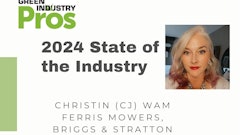
Q: You’ve been in the lawn care business since 1985. How has the industry changed in Michigan over the last 15 years and what are some of the major challenges you as a lawn care operator now face?
The biggest change has been the consolidation within the industry. You’re either a very large lawn care company or very small. Mid-size companies today find the business climate to be very challenging. Overall, the dynamics of the services we provide have changed, too. Competition is very keen. It’s no longer adequate to deliver a good product. You have to provide exemplary service and do so at a reasonable cost to the customer—and still make a profit.
Q: In view of increasing industry regulation and the fact that your state is among those hardest hit by the economic downturn, what have you done to remain competitive and profitable?
Our story is not unlike that of business owners all across the country. We’ve taken everything apart, completely re-examined our systems and processes, instituted lean management principles, and went forward with more efficiencies in place and with fewer people. The old way of doing business is in the rear view mirror. I believe we’re smarter today, we’re better communicators, and we have better processes to deliver our product and services.
Q: There has been much discussion recently about the impact new regulations and bans will have on lawn care operators, to the extent that they threaten the very existence of the industry. Speaking now as PLANET president, how real is this threat and what steps can lawn care operators and other landscape professionals take to ensure the continued viability of this industry?
First of all, the threat is real, and here are just two examples.
In January 2012, Michigan will ban the use of phosphorus in fertilizers. For the state’s lawn care operators, the ban isn’t a big deal, but it has the potential to open the floodgates for more regulation and control of our industry.
Probably an even greater threat is water, or lack thereof. The rules for EPA’s WaterSense program are being finalized, and they threaten to treat all areas of the country (those with serious water issues and those with plenty of water) in the same way. Depending on the outcome, the regulations and restrictions could change the very nature of our landscapes, i.e., what they look like, how much lawn can be planted and how much plant material can be used.
These are only two examples, as there are plenty of others. To protect our industry, we need to tell our story to our customers, the general public and to regulators. We are the true environmental stewards. If we don’t tell our story, who will?
Q: You joined PLANET’s legacy group PLCAA in 1985 and have since been a strong supporter of certification programs. Why is certification so important and how has it helped grow your business?
I believe in certification for several reasons, not the least of which is the confidence it builds among our employees who have become certified. Having certified employees on board also sends an important message to customers that we are professionals. In this regard, certification gives us a definite competitive advantage over companies that don’t participate in PLANET’s Landscape Industry Certified program.





